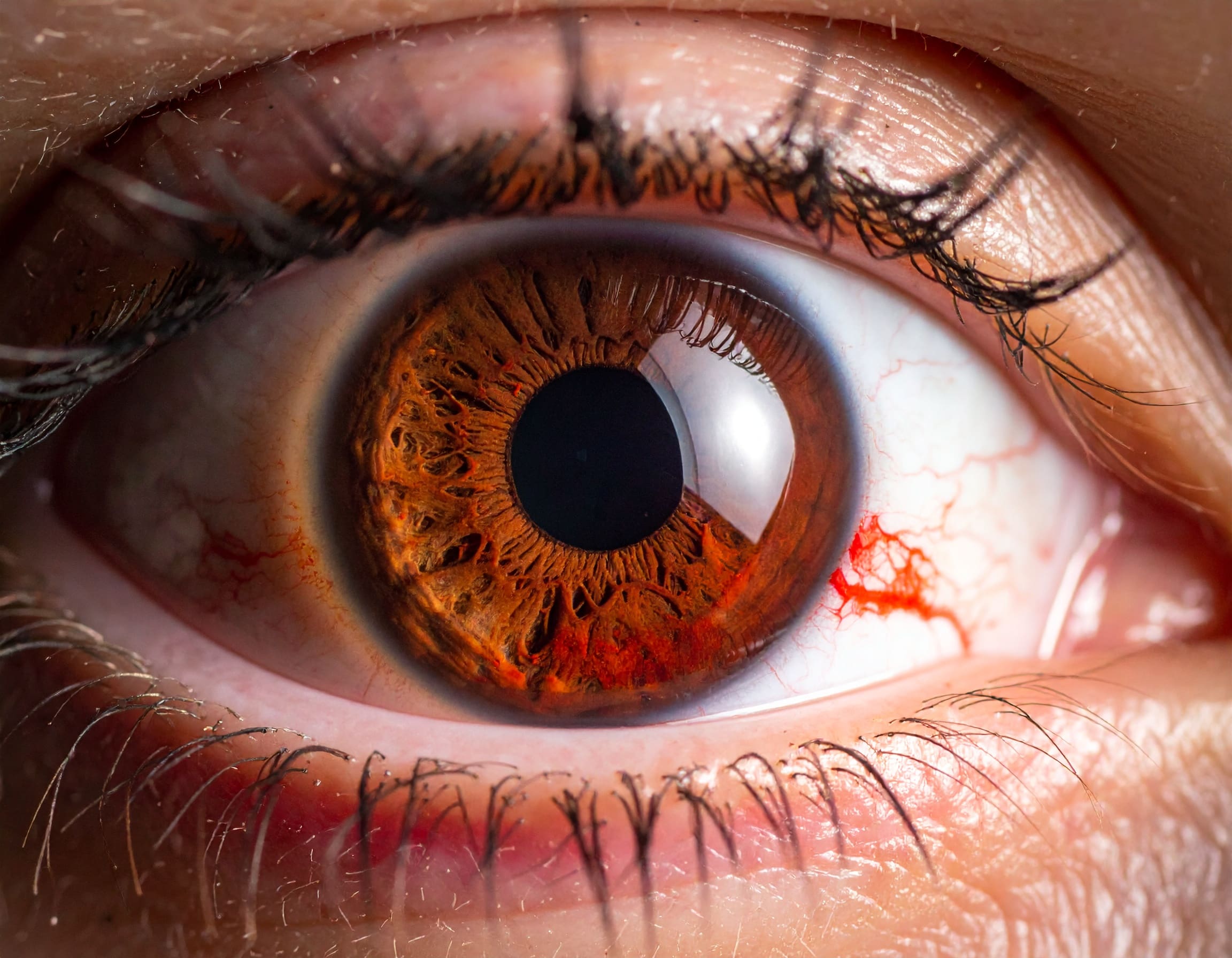As the temperatures continue to drop outside, you may feel the effects of cold weather. For example, getting out of your warm bed in the morning can be a struggle! Your eyes may feel a little uncomfortable during this time of year as well. But, the good news is that you can care for your vision in the winter with a few simple tips.
During the winter, your eyes become more susceptible to various complications that you may not normally encounter, such as vision loss, irritability, dry eye, or inflammation. This is because cold temperatures and harsh winds constrict the blood vessels in your eyes and corneas, which in turn can affect your vision and cause discomfort.
If your eyes have been affected by the frigid weather, check out these winter eye care do’s and don’ts to protect your vision. 
Winter Eye Care Do’s
This time of year, it’s a good idea to take a few extra precautions to protect your eyes and give them some much-needed relief from the cold. Make sure you include these steps in your winter eye care routine this year for healthy vision.
1. Do keep eye drops handy.
One of the most common side effects of cold temperatures and whipping winds is dried-out eyes. Dry eye syndrome is characterized by burning, itching, and soreness, and it affects nearly half of Americans over the age of 18. Because it is so common, it’s likely that you’ll experience dry eye symptoms at some point this winter.
There are many ways to relieve your dry eye syndrome at home, but the quickest and most effective treatment is artificial tears. Eye drops are an inexpensive solution, and they offer instant relief. Keep a bottle of eye drops on you at all times to combat dry eyes whenever the cold weather strikes.
2. Do use a humidifier.
If you’re a homeowner, you’ve probably fired up your furnace for the winter by now. Even if you don’t own a house, you likely have some sort of space heating system that you’re currently running to keep your place warm. While heating systems are essential in the wintertime, they’re usually responsible for drying out the air in your home.
Dry air causes nose tenderness, coughing, allergies, asthma, and irritated eyes—all of which can worsen if left unaddressed. Your eyes draw their moisture from the environment; so, when the air is dry, it can result in blurred vision and difficulty reading or seeing at a distance. If you’re facing these symptoms, protect your eyes by using a humidifier to add some moisture back into your home’s air.
3. Do apply a warm compress.
In addition to dry, irritated eyes, another common ailment that arises this time of year is conjunctivitis. Also called pink eye, this virus usually accompanies the common cold or the flu—both of which are extremely prevalent in the wintertime. Read more about pink eye: Pink Eye
Regularly applying a warm compress to your eyes is an effective step to take in your winter eye care routine. This will keep your eyes clean and prevent pink eye (or help you find relief from the virus if you already have it), as well as relieve irritability from the dry winter air. Plus, it’s relaxing!
Winter Eye Care Don’ts
While adopting good habits is important for your eye health, cutting bad habits is just as necessary. If you ever catch yourself committing some of these winter eye care don’ts, the sooner you stop, the better off your eyes will be.
1. Don’t forget UV protection.

During the winter months, many people overlook the need for sunglasses. They think, “It’s cold and gray out, so why would I need sunglasses?” However, research shows that your eyes are just as much at risk of photokeratitis (sunburned eyes) during winter as they are in the summer.
Just as the sun’s powerful ultraviolet rays reflect off of the beach’s water and sand in the summer, they also bounce off of ice and snow—damaging your eyes if you haven’t properly protected them with UV ray-blocking sunglasses. Symptoms of sunburnt eyes include pain, redness, a gritty feeling, and blurriness. While your eyes will recover from photokeratitis with time, you can avoid these complications by wearing sunglasses whenever you are outside or driving during winter.
2. Don’t stand in direct heat.
When it’s cold outside, we know how tempting it is to stand in front of the heater to warm up. However, by doing so, you may be putting your eye health at risk. Direct heat causes the tear film on your eyes to evaporate, drying them out and causing discomfort.
In addition to dry eyes and irritation, standing in direct heat can cause long-term damage to your eye lens and can even lead to cataracts if you’re overexposed. To ensure that your eyes are protected from direct heat, don’t stand in front of a heat source for more than a couple of minutes at a time. Furthermore, make sure you’re at least 10-20 feet from heaters and fires if you plan to stay for a while.
3. Don’t avoid the doctor’s office.
The wintertime is tough on your eyes. Between freezing temperatures, high wind speeds, glare from snow and ice, circulating sicknesses, and dried-out air—this season can take a serious toll on your eye health. That’s why it’s so important NOT to avoid your eye doctor’s office this time of year.
There are many do’s and don’ts you can abide by in your winter eye care routine, but that doesn’t mean you won’t ever suffer from problems when it’s cold out. Because ailments like dry eyes, redness and irritation, and even pink eye are common this time of year, it’s important to see your eye doctor if your symptoms persist or worsen. Schedule Appointment
This winter, don’t let the cold weather dictate your eye health. By following these simple do’s and don’ts, you can protect your eyes from harsh winter weather and prevent symptoms like dry, irritated eyes and other various ailments.
Our doctors provide winter eye care do’s and don’ts to help you protect your vision.







